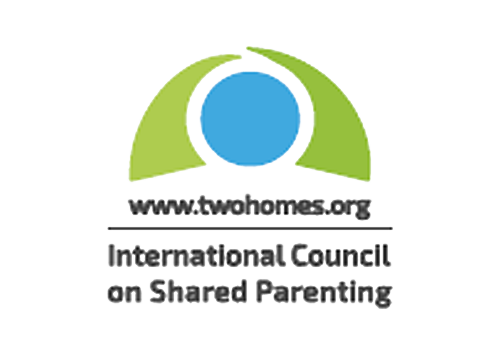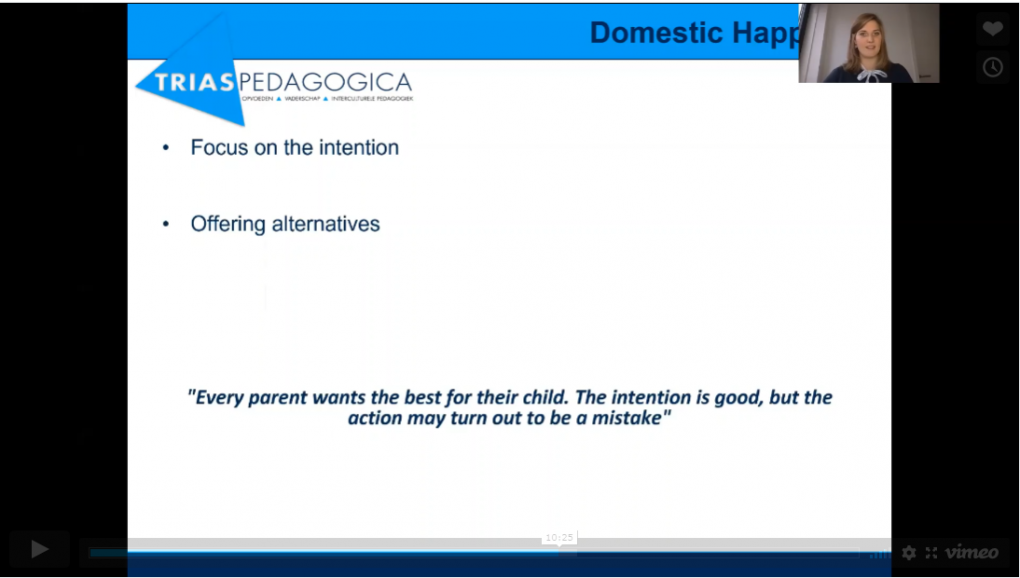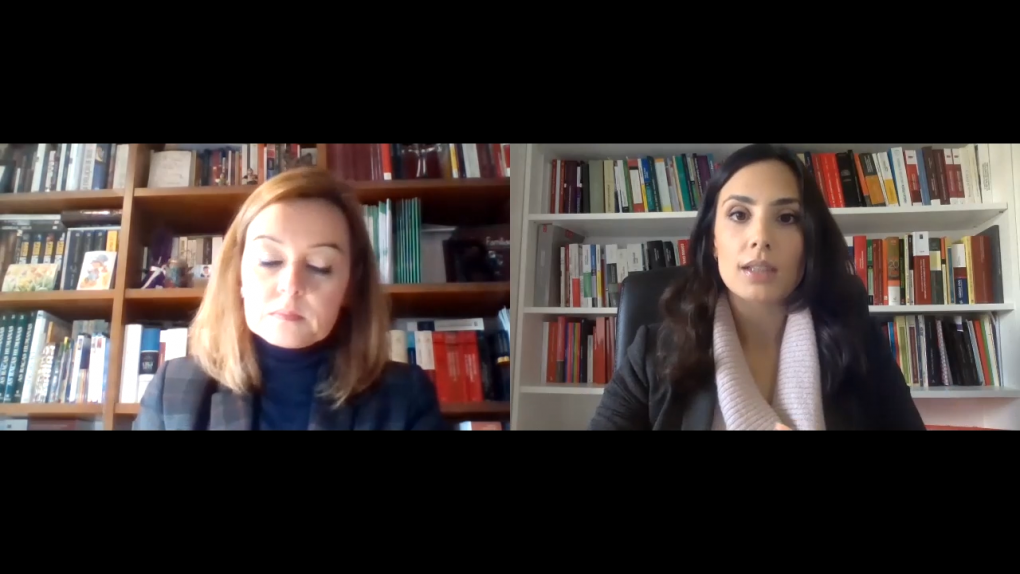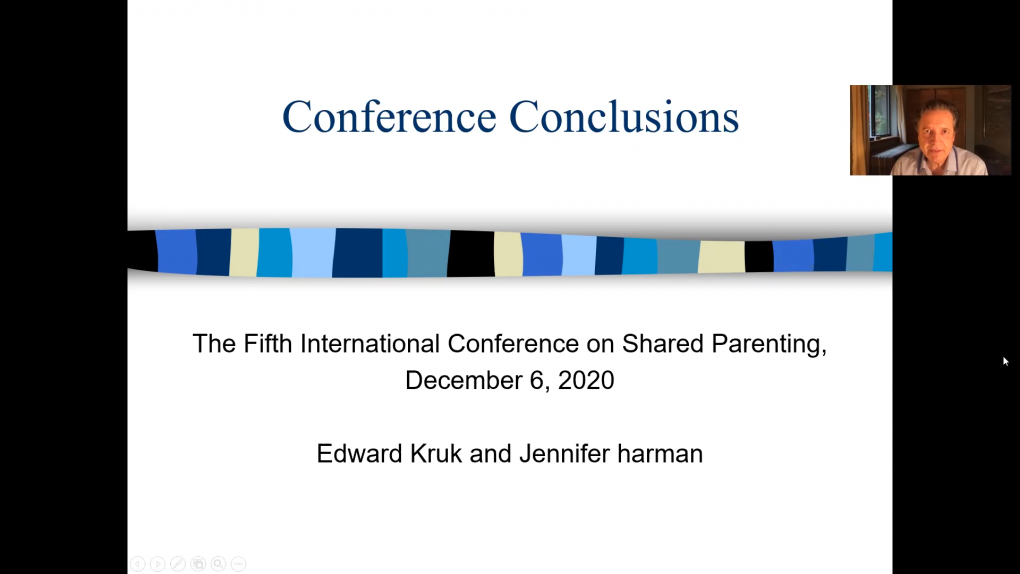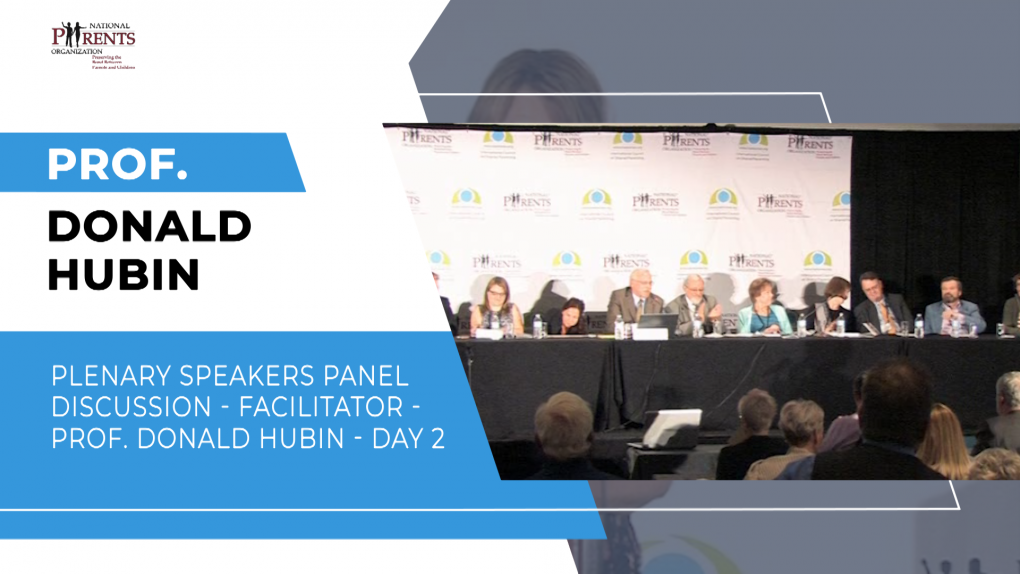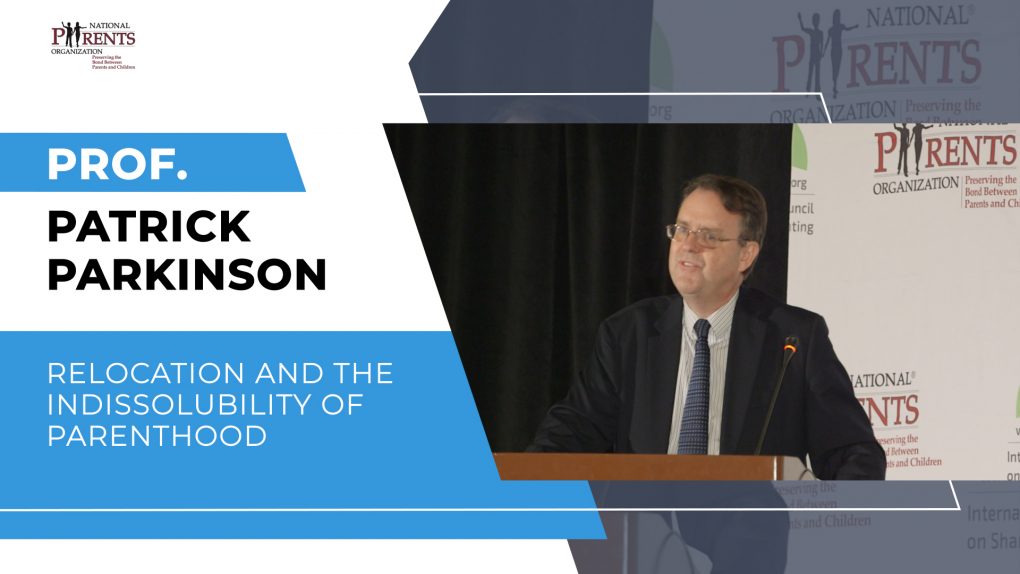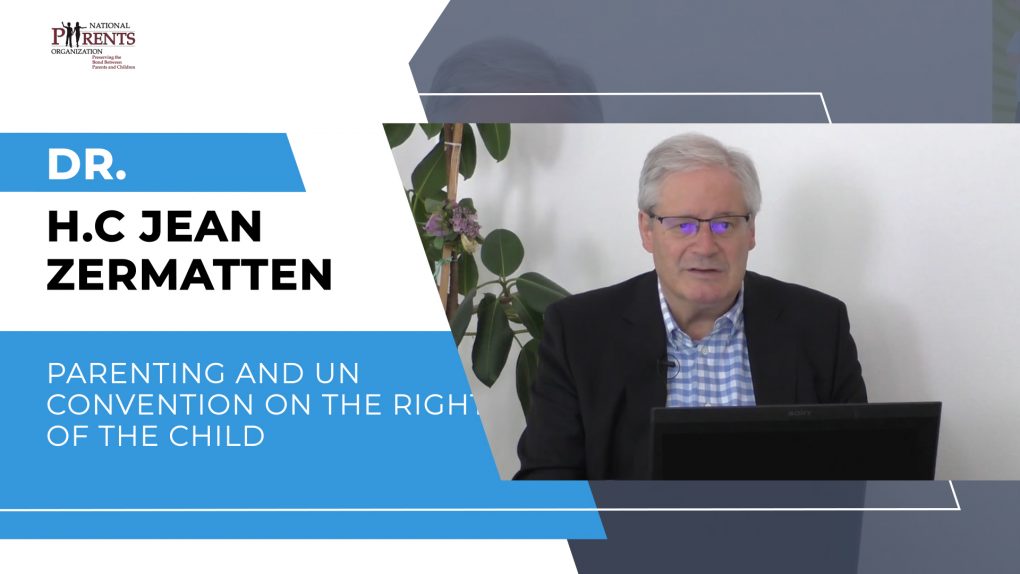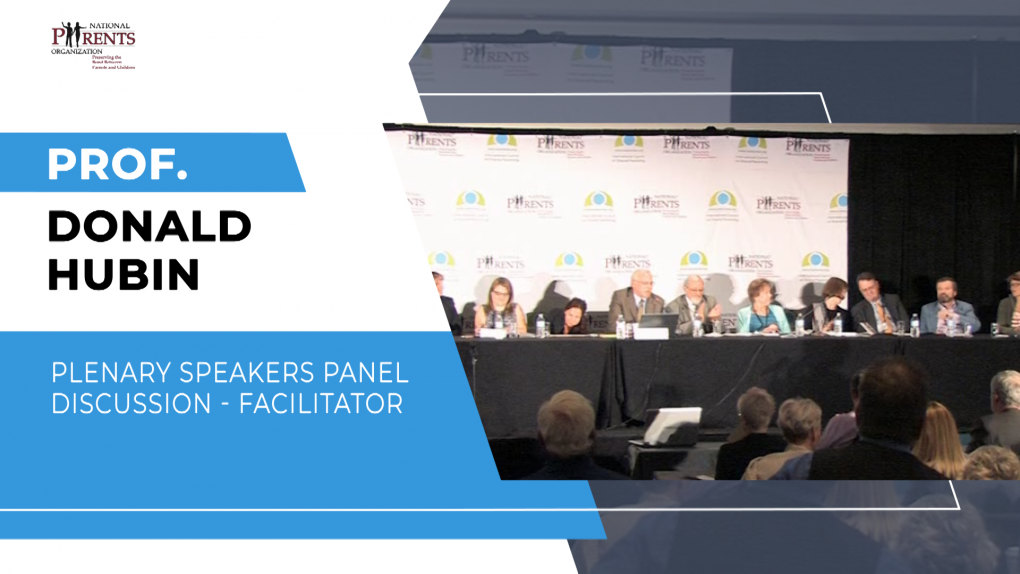Educational Debates with Fathers about Domestic Happiness: A Successful Method in the Prevention of Domestic Violence in the Netherlands
The Role of Family Mediation in Parental Conflict: Cautions in the Contexts of Family Violence
Family mediation should be used as an alternative method of resolving disputes of a privileged nature in the area of family conflicts. These are endowed with emotional characteristics that make them more suitable to another context than the judicial forum, especially parental struggles. And, at the same time, they are of a human complexity that require a different analysis in the context of mediation. Not all family and/or parental conflicts will be susceptible to mediation, and the courts will maintain all its relevance. However, the advantages of a self-composition method are increasingly visible, in the search for a solution that responds to the interests and desires of those who, in the past, shared another dynamic, in an experience of proximity and intimacy. And, at the same time, need to continue to bond as co-parents. It is important to reiterate the idea that family mediation is not a perfect formula that will resolve all family disputes. It is a better place to address and settle some of these conflicts taking into consideration that the will of the parties works as a proposition. Naturally, the need for the judicial system in family matters is not at all overlooked or ignored. It is emphasized that for some of these conflicts there is a more appropriate alternative. If the disputants reach by themselves an agreement, it is only natural that they comply with it. As a result, although it is a friendly solution, it will be more binding than a decision imposed by a third party with the power to do so. Nevertheless, it is questionable whether a couple that went through episodes of violence could be eligible for family mediation. Can one feel completely free to expose his/her thoughts when there were episodes of physical and/or psychological violence in the relationship? At the same time, some argue that mediation can mend some fences and help restore self-confidence using different techniques such as empowerment. There is some obvious ambiguity in this matter. It is important to identify which are the arguments used in this divergence and what national and international guidelines and legal framework – such as Istanbul Convention – postulate on this matter. Keywords: family mediation, domestic violence, family conflicts, alternative dispute resolution, shared parenting, parental responsibilities [1] Visiting Assistant Professor of the School of Law, University of Minho; Researcher of JusGov – Research Centre for Justice and Governance. [2] Associate Professor of the School of Law, University of Minho; Researcher of JusGov – Research Centre for Justice and Governance.
Rossana Cruz, PhD
Rossana Cruz
Phd in Law; Visiting Assistant Professor – Law School of University of Minho (PORTUGAL) and School of Management, IPCA (PORTUGAL); Researcher at JusGov- Research Centre.
(Co-Presenter Cristina Dias)
Cristina Dias, PhD
Phd in Law; Associate Professor and Dean – Law School of University of Minho (PORTUGAL); Director of the Master Course on Child, Family and Inheritance Law on Law School of University of Minho; Researcher at JusGov- Research Centre.
(Co-Presenter is Rossana Cruz)
Conference Conclusions ICSP 2020
Edward Kruk, PhD Dr. Edward Kruk is Associate Professor in the School of Social Work at the University of British Columbia, President of the International Council on Shared Parenting, and Co-chair of the Scientific Committee of the Fifth International Conference on Shared Parenting. His research and teaching are focused on child and family policy and practice, and he has published …
Plenary Session – Plenary Speakers Panel Discussion Day 2
Facilitator: Prof. Donald Hubin Ohio State University, USA
Speakers:
Dr. Michael Lamb Cambridge University, UK
Prof. Edward Kruk ISCP President, University of British Columbia, Canada
Dr. Malin Bergström Karolinska Institute, Sweden
Prof. Hildegund Sünderhauf Lutheran University of Applied Sciences Nuremberg, Germany
Prof. Patrick Parkinson University of Sydney, Australia
Dr. William Austin Child Custody Services, USA
Relocation and the indissolubility of parenthood
Relocation disputes are the San Andreas Fault of family law. They reflect the tension between the freedom of people as adults to leave a relationship and begin a new life for themselves, and the harsh reality that while marriages (and other relationships) may be dissoluble, parenthood is not. Children usually benefit from a close and continuing relationship with a non-resident parent who loves them and wants to be involved in their lives. Maintaining that connection, if one parent moves a long way from the other is difficult.
This paper is based upon the findings of a five-year prospective longitudinal study of relocation disputes in Australia, involving 80 parents and 33 children. It is argued that decision-making in relocation cases must be resolutely child-centered. It cannot be based upon adults’ rights. The adjudication of relocation disputes should involve asking three fundamental questions. First, how close is the relationship between the non-resident parent and the child and how important is that relationship developmentally to the child? Second, if the relocation is to be permitted, how viable are the proposals for contact with the non-resident parent? Third, if the relationship between the child and the non-resident parent is developmentally important to the child and is likely to be diminished if the move is allowed, then a) what are the viable alternatives to the parents living a long distance apart? b) is a move with the primary caregiver the least detrimental alternative?
Parenting and the UN Convention on the Rights of the Child
Parenting and the UN Convention on the Rights of the Child
Plenary Speakers Panel Discussion – Facilitator – Prof. Donald Hubin – Day 1
Facilitator:
Prof. Donald Hubin Ohio State University, USA
Speakers:
Dr. Richard Warshak University of Texas Southwestern Medical Center, USA
Dr. Irwin Sandler Arizona State University, USA
Dr. Kari Adamsons University of Connecticut, USA
Dr. Sanford Braver Arizona State University, USA
Dr. Pamela Ludolph University of Michigan, USA
Dr. William Fabricius Arizona State University, USA
Dr. Linda Nielsen Wake Forest University, USA

